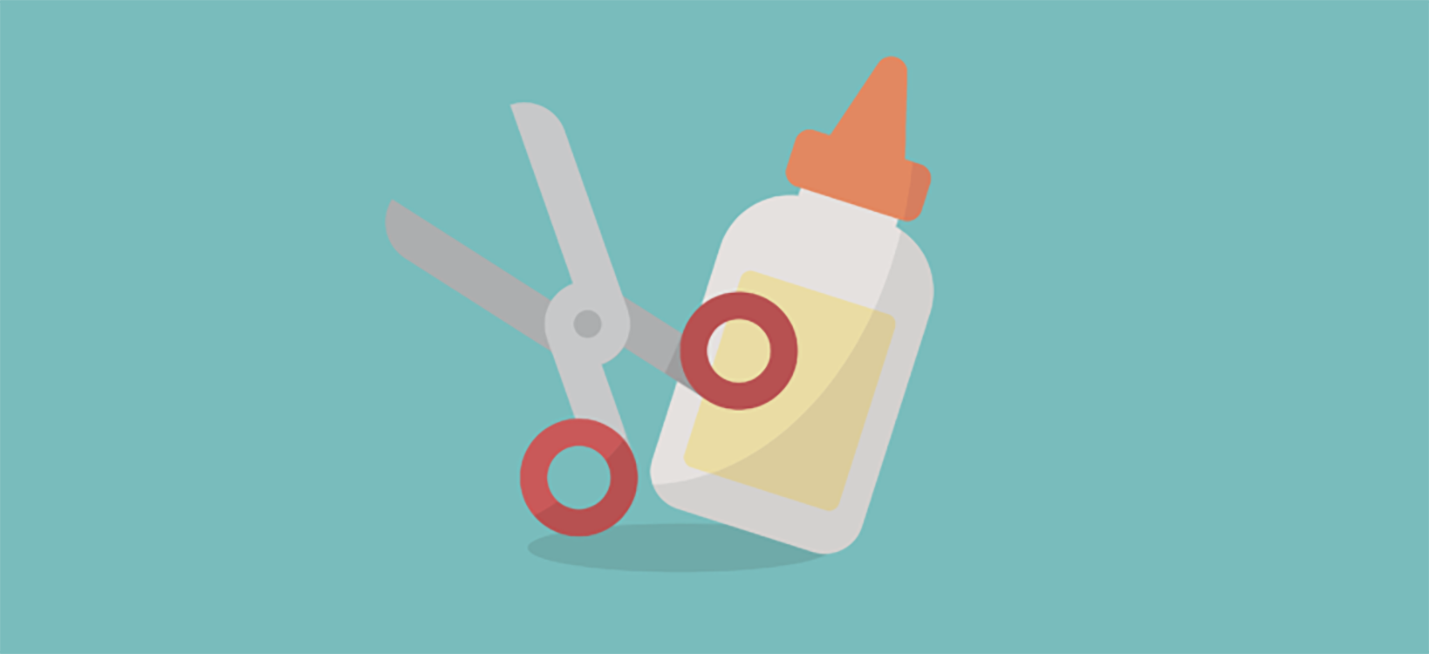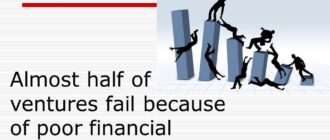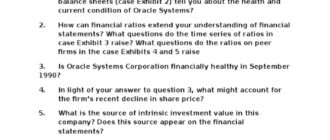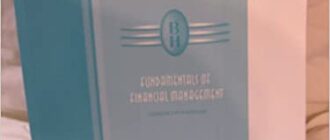Nowadays universities take plagiarism very seriously – using other people’s words or ideas without giving proper credit to the author of the original – and are fighting against it. At best, teachers may decide to give a “zero” mark for an article or course; in the worst case, Universities may fail the entire degree or expel the student. This article was written specifically for those students who have been charged with plagiarism but who believe they are not at fault. The article offers some advice to such students on how to defend their position. At the same time it should be noted that the article is provided for informational purposes only, as we do not provide legal advice. If you are looking for legal help, you should contact your lawyer who would be in a better position to help you.
Undoubtedly, plagiarism is a bad practice that not only endangers your own academic state, but also hinders the process of scientific discovery. In some cases, plagiarism can even lead to lawsuits if the perpetrators decide that their work is being abused. In the academic context, however, plagiarism is usually viewed not as a legal violation but as a completely unethical behavior. That’s why we’ve prepared a set of recommendations to keep in mind if you face plagiarism charges.
First and foremost, you should NEVER ADD Intentional Plagiarism, as that would be suicidal. If you recognize it, your university or college could do whatever they want, even fail your diploma. There can generally be two outcomes of the plagiarism detection process. In half of cases, your University WILL KNOW and then be able to PROVE that you have committed plagiarism. In the other 50% of cases Universities may SUSPECT that you have plagiarized, but could not prove it unless you voluntarily acknowledge plagiarism.
Usually universities can suspect plagiarism based on the following:
a) The language and style of writing you used in the suspected article is different from the ones you normally use. This is especially applicable to foreign students for whom English is not the first language. Usually teachers can easily see the differences because the text seems too perfect and “polished” and rich in academic jargon and specialist phraseology. If so, your defense strategy may say that you asked a native speaker to proofread your work before submitting it to make it more professional and readable. This is absolutely legal, especially considering the fact that many universities would punish English language errors. Some even try to say when caught that the friend who proofread the newspaper changed the work and that he or she included some ideas without reference to them. This is a precarious strategy though, so you have to be careful about using it.
b) The use of models or resources that have not been taught by your teacher or are not available in your library. In this case, your defense strategy might say that you have done further reading or research and / or have a friend studying at another university who has kindly given you the otherwise inaccessible materials, books, or articles. However, you should always remember that if the need arises, your teacher or academic committee will certainly ask you about the resources you used to write your article. So you need to make sure that you can answer such questions by preparing carefully for the meetings. At least you need to know all the titles used and the authors and what each author said.
However, if it happens that your university can prove that you have plagiarized, there could be several defense strategies, such as:
1) In the process of working, you had several drafts of the paper and, as it turns out, accidentally sent an incorrect version of the report. You can claim that although the raw projects were not properly referenced as they were written only to help you plan the paper and give you the overall guidance, the final version was actually fully referenced and prepared strictly in accordance with the academic requirements. After all, you are a human being and have the right to err.
2) Your computer failed and as a result all the information in the file where you saved all your projects and extracts from various media was converted into plain text, which prevented you from being able to differentiate between the pieces written by yourself and those copied. from other sources. Because of this you were very confused and, due to the urgency of the situation, may have misused the information contained in the corrupted file.
3) You just forgot to put “quotes”. This can happen if you paraphrased the ideas of other authors but forgot to give the references. In this regard you should always remember that not only direct citation but also referencing without giving credit constitutes plagiarism. Similarly, you could say that you wrote the text for your own purposes, outside the academic curriculum, a few years ago and then decided to use the material for the assignment, sincerely believing that those are your own words, like the prescribed text, created for your own needs, did not contain references.
4) If it is only one or two sentences, you can claim that, having read a lot of information on the topic, you have internalized some ideas and started to agree with them as much as they have become yours. Therefore, in writing your article, you used the ideas sincerely believing that you are expressing your own thoughts on the topic. Again you are just a human being and everyone has the right to make mistakes. As a variation, you could even say that you have a photographic memory and that some ideas just “stuck” to you, so you inadvertently used them as your own. However, beware that the commission might want to test your unique skills!
5) Perhaps a university has not properly informed students about what constitutes plagiarism and how to avoid it. Even if oral instructions can be given, these may not be enough, as students overwhelmed by huge information can easily forget them. Usually universities usually distribute any guidelines on plagiarism in written form. However, due to organizational inefficiencies, this may not be the case. If this were to happen, you could claim innocence on the basis of ignorance, so as not to be informed in a timely manner about the concept and forms of plagiarism and its possible consequences. You should, however, always check whether the materials have not actually been distributed before using this strategy.
6) If you are accused of sending an article obtained from an essay bank, a service that gives pre-written articles to students, your best defense would be to admit the fact, but claim that you yourself wrote the article and then sold or donated it to the essay bank. In other words, you didn’t use ideas from anyone other than your own, because the paper found in the essay bank is your creation. In most cases it would be a problem for Universities to deny this, as they would have to know the exact date when the coursework was sold to the essay bank, which would require cooperation and goodwill from the companies. The latter, however, are usually quite cautious about such matters.
Sometimes, you may also notice that you have plagiarized, even before getting your teacher’s reactions. In that case it would be wise to contact your teacher immediately and tell him that you sent a wrong copy of the paper. Try to contact him about it via email so that you have some material evidence if you may need it to maintain your position. Lastly, you should always remember that no matter what you do, you need to stay cool, calm and quiet in the meeting with the teacher or committee. Be confident, determined but always polite, because arrogant behavior will only harm you.
What To Do When You Suspect Plagiarism
Anne Curzan, LSA Associate Dean of Humanities and Arthur F. Thurnau Professor of English and Linguistics, offers tips for discussing potential academic ...

Trump accused of plagiarism as statement about Fox News host’s book appears to have been written by publisher - Yahoo News
July 14, 2021 - Yahoo NewsTrump accused of plagiarism as statement about Fox News host’s book appears to have been written by publisher Yahoo News...
Kartik Aaryan's 'Captain India' accused of plagiarism by 'Operation Yemen' producer; Read - Republic World
July 31, 2021 - Republic WorldKartik Aaryan's 'Captain India' accused of plagiarism by 'Operation Yemen' producer; Read Republic World...
BTS Accused of Plagiarizing "Butter" From a '90s Konami Video Game - HYPEBEAST
July 23, 2021 - HYPEBEASTBTS Accused of Plagiarizing "Butter" From a '90s Konami Video Game HYPEBEAST...
Frontrunner to succeed Merkel admits plagiarism 'mistakes' in book - The Local Europe
July 30, 2021 - The Local EuropeFrontrunner to succeed Merkel admits plagiarism 'mistakes' in book The Local Europe...
FLASHBACK! When CarryMinati was accused of PLAGIARISM, read more - Tellychakkar
July 26, 2021 - TellychakkarFLASHBACK! When CarryMinati was accused of PLAGIARISM, read more Tellychakkar...
Pastor Ed Litton Compared to Nixon as Plagiarism Battle Rages in Southern Baptist Convention - Newsweek
July 3, 2021 - NewsweekPastor Ed Litton Compared to Nixon as Plagiarism Battle Rages in Southern Baptist Convention Newsweek...






